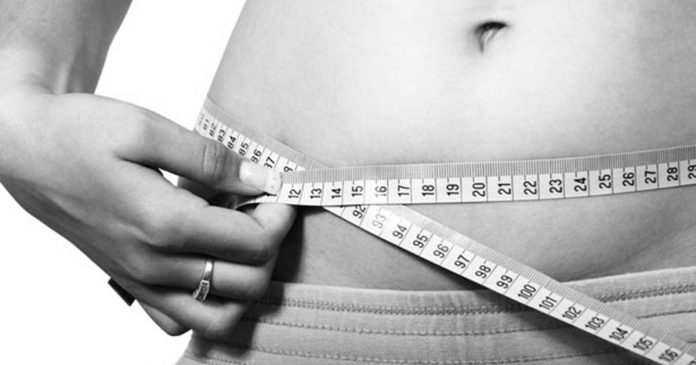Weight loss and fat loss are often used interchangeably. But have you ever wondered if there’s any difference between them? We are here to answer!
One of the most common goal trends within the fitness industry is weight loss. Lots of people around the world suffer from excess weight, and while trying to shed those extra kilos and to get in shape, people go through trial and error methods of dieting and rigorous workouts. But do you really want to lose weight? I mean what if you really want to lose fat, not weight? Confused?
Well ladies, while both weight and fat loss are crucial in their own ways, the terminology is often used interchangeably. But if you go into the technicality, then you’ll find a huge difference.
That’s why we turned to an expert to break it all down for you.
Dr Prachi Jain, Dietician at CK Birla Hospital, Gurgaon, tells HealthShots, “Weight loss refers to the reduction in the overall body weight, that is, from muscle, fat, water. However, fat loss indicates loss in subcutaneous fat loss (fat below the skin) and visceral fat loss (fat in the abdomen or around the organs).”
But because of the confusion, most people tend to work out with the purpose of fat loss but end up losing weight instead. Sure, they are in better shape, but not necessarily fit.
So what is weight loss?
Weight loss refers to a decrease in your overall body weight from muscle, water, and bad losses. Simply put, it refers to the overall drop in the overall kilo weight. There are a number of things that can affect weight fluctuations on a daily basis, such as hormonal imbalance, varying sodium intake, different amounts of dietary fiber, and food. So weight loss happens when you consume fewer calories than you burn, by following a workout regimen as well. Weight loss is an arbitrary term and can mean anything that causes you to weigh less, such as:
Water
Muscles
Glycogen
Fat
If simply put: Weight loss = Water + muscles + glycogen + fat
What is fat loss?
Fat loss refers to weight loss from fat and it’s a more specific and healthful goal than weight loss. A percentile and specific drop in body fat level is understood as fat loss. In fact, fat loss consists of losing weight while maintaining as much muscle mass as possible, which will allow you to look more toned and get that fit look. To primarily lose fat, you need to prioritize strength or resistance training so you don’t put on muscle, you build muscles, but all with proper nutrition.
So, if simply put: Fat loss = Reduction or burning of stored body fat.
What’s the difference?
Weight loss includes water and muscle loss which may be detrimental to over health. On the other hand, fat loss can help decrease the risk associated with chronic diseases, inflammation, reduce muscle mass loss and help you maintain the loss as well. Besides, we can lose body fat by reducing calories just like with weight loss but the quality of food we consume for fat loss is more important and fat loss cannot be achieved along by diet however weight loss can.
Also, unlike weight loss, fat loss cannot be mapped using a weighing scale.
So, what is the healthier option for you?
The answer is that it depends!
Both weight loss and fat loss help you drop kilos and fit in your old clothes. However, if we compare from the perspective of health, fat loss is far better than weight loss.
Dr Jain says, “Healthy weight loss happens with a healthy mind and a healthy body. You might have heard about how people want to achieve inch loss and weight loss. However, fat loss is healthy weight loss because as per studies the higher percentage of visceral fats leads to higher chances of comorbidities like obesity, diabetes, cardiovascular diseases (CVD), etc. An ideal Body Fat Percentage (BFP) is 10-20% in males & 18-28% in females.”
So, maintaining a healthy body fat percentage can help reduce your risk of these diseases and improve your mental health and overall wellbeing.
In the end, Dr Jain suggests following a low fat, protein-rich diet along with adequate fiber intake to lose fat and gain muscles.




























